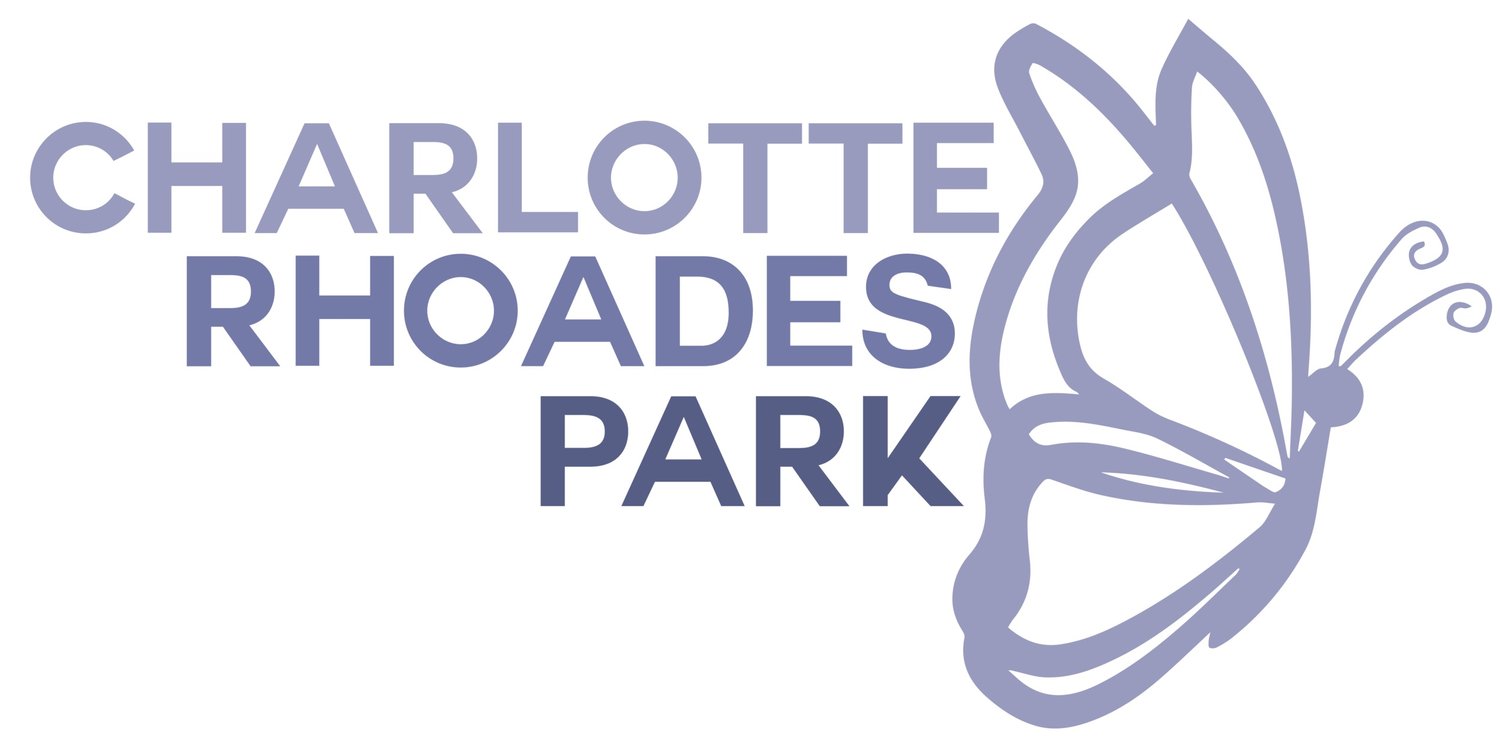Lavatera trimestris 'Loveliness'
Lavatera trimestris is an upright annual that grows in a shrubby tall form. It is planted as an annual in Maine, and it has large, saucer shaped white to pink flowers in midsummer. Rounded medium green leaves have heart-shaped bases and 3-7 shallow lobes. It is a good cut flower.
Heliotrope arborescens 'Fragrant Delight'
Fragrant Delight is a traditional favorite annual that bears loose, flat heads of intensely fragrant lavender blooms. It attracts pollinators including Monarchs and Swallowtails.
Digitalis 'Pink Panther'
Pink panther is a first-year flowering plant that really puts on a show. Uniform and upright, this foxglove produces multiple spikes of vibrant, bell-shaped, magenta flowers with speckled rose-pink throats rising above a compact mound of dense green foliage on sturdy stems. The sterile flowers are long lasting and make
Digitalis lutea
: Yellow Foxglove is a short-lived herbaceous perennial or biennial. All parts of the plant are poisonous; however, the plant is less toxic than the common foxglove (D. purpurea). The species is hermaphrodite (has both male and female organs) and is cross-pollinated by long tongued bumblebees. It can naturalize or persist at a site for many years. Deer and rabbit resistant.
Digitalis purpurea 'Camelot Mix'
Although Foxglove is considered a biennial plant, blooming in its second year, “Camelot” is planted as an annual because it is one of a few foxglove cultivars that will reliably bloom in its first year. Digitalis is a medicinal plant containing a heart stimulant, but all plant parts are toxic to humans, cattle and horses. Deer and rabbit resistant.
Cosmos bipinnatus 'Sonata Pink' or ‘Sonata White’
The Sonata series of Cosmos are dwarf plants about half the size of the regular species. Each plant has multitudes of blossoms and will keep going strong with continuous deadheading and repeat light applications of fertilizer.
Cosmos bipinnatus 'Double Click'
This tall variety of Cosmos in colors of white and shades of pink blooms best when the day length is 14 hours or less, which means that is a colorful nectaring plant for bees and butterflies into the fall.
Calendula officinalis 'Ivory Princess'
Edible annual or short-lived perennial herb that likes growing in our cool temperate climate. Colorful daisy like yellow, orange, or white blooms continue all summer. It is a pollinator plant that bees and butterflies love, but it is not a true marigold (tagetes).
Asclepias currassavica
Tropical milkweed is grown in Maine as an annual and the leaves and blossoms provide food for late season Monarch caterpillars. It is non-native, and therefore not an ideal choice for growing in Maine butterfly gardens, but works well in a pot or planter on a deck if there is no space for a garden.
Anthirrhinum majus
Snaps are short-lived tender perennials but grown as an annual in Maine. They are happy in a well-drained sunny planting bed that is not too hot. Deer tend to avoid this plant.
Ammi majus
This plant is a hardy annual with large domed umbels that is virtually pest and disease free. Because the sap can cause skin irritation, gardeners should wear gloves when handling Queen Anne’s Lace. Wash the skin area that is exposed to the sap, using soap and water.
Ageratum houstonianum 'Blue Horizon'
This annual plant has a wonderful medium blue color for any summer garden. The blooms are great for arrangements, and it also blooms like a flowering perennial for most of the summer. It is rabbit and deer resistant. As a nectaring plant, it is essential for any butterfly garden.
Agastache aurantiaca x 'Apricot Sprite'
This is a Hummingbird favorite. It is a perennial in southern New England so it is grown as an annual in the Butterfly Garden. It has mint scented flowers and foliage, making it deer and rabbit resistant. It makes an excellent container plant because of its extended bloom time.












